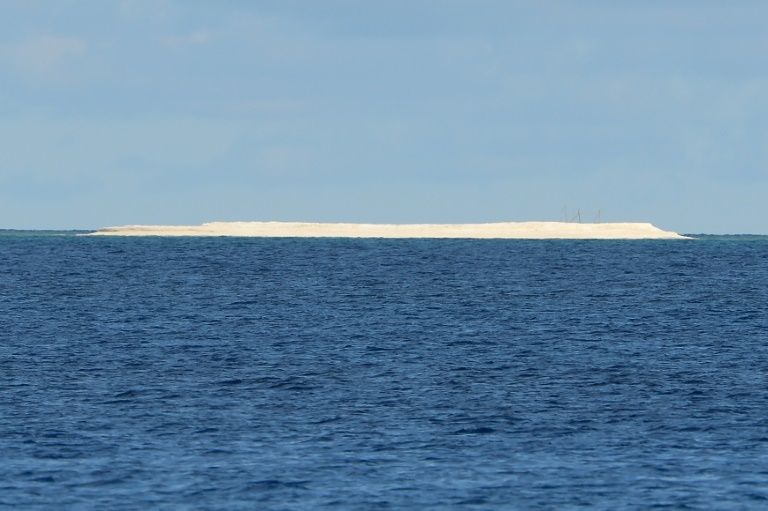
NEW DELHI, India — President Ferdinand “Bongbong” Marcos Jr. has issued a strong call for the international community to reject misleading narratives that place lawful maritime claims and illegal assertions on equal footing, amid escalating tensions in the South China Sea.
In a foreign policy address delivered at the Observer Research Foundation in New Delhi, Marcos criticized attempts to reduce complex maritime issues into false equivalence — warning that powerful nations are undermining global norms by ignoring international law and legitimizing coercive actions.
“The complex issue of competing claims in the South China Sea has, for years, been unfortunately and simplistically reduced to ‘the South China Sea disputes,’ as if claims were all equal. They are not,” Marcos declared.
He emphasized that not all claims can be treated the same under the rules-based international order, and only those that adhere to legal standards like the United Nations Convention on the Law of the Sea (UNCLOS) and the 2016 Arbitral Award should be recognized.
“The assertions of littoral states have to pass the test of conformity with international law, particularly UNCLOS and definitive, binding interpretations such as the 2016 Arbitral Award,” he added.
The President urged countries such as the Philippines and India to take a more assertive role in defending international rules and rejecting narratives that obscure unlawful behavior.
“Countries like ours must now play a more active role in upholding, defending, and preserving our rules-based order,” he said.
Marcos lauded India as a model of responsible power, contrasting its compliance with international maritime tribunal decisions to China’s continued rejection of the 2016 ruling that invalidated its expansive claims in the South China Sea.
“For a country with rapidly growing power and influence, India has submitted to the judgment of international tribunals on matters concerning maritime disputes—a model for how a responsible major power and a good neighbor should behave,” he said.
He also warned that global governance is facing threats from strategic competition, coercion, and the inward turn of major powers that once upheld the post-World War II international order.
“Some powers are seeking to take advantage of this shift,” Marcos said. “Such narratives at times dominate, obscuring the international community’s judgment.”
The President’s remarks come as Philippine and Chinese vessels continue to clash in the West Philippine Sea, with Manila accusing Beijing of illegal incursions and increasingly aggressive maneuvers near Philippine-held features./PN






